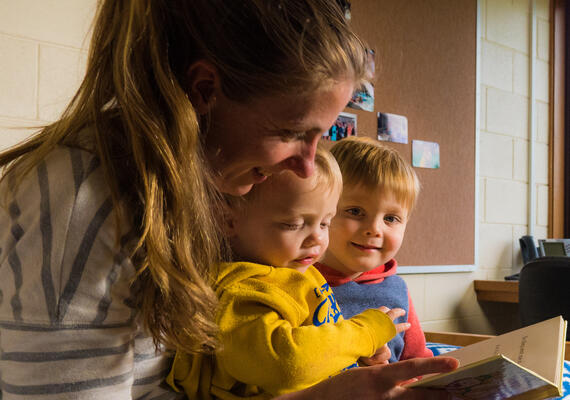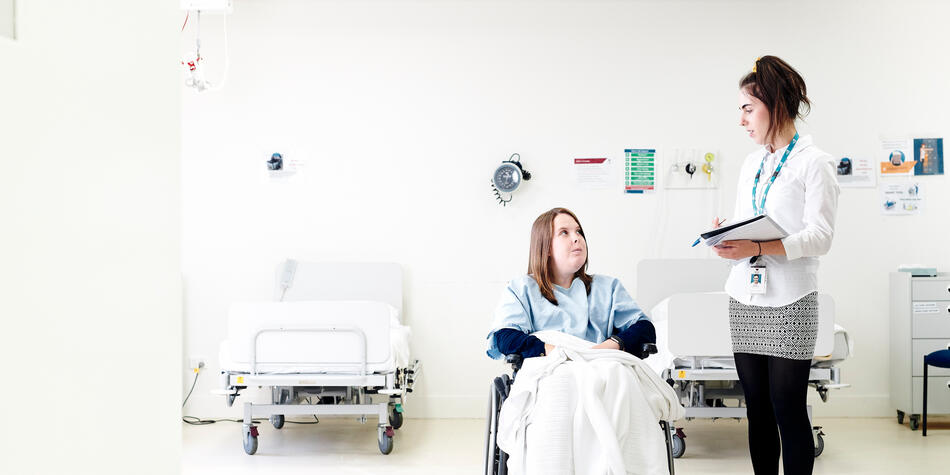As Victoria’s largest regional integrated healthcare provider, Barwon Health addresses the health needs of individuals at all stages of life through a comprehensive range of services. These services include outpatient care, emergency, acute medicine, surgery, mental health, primary care, community services, aged care and sub-acute care and rehabilitation across 21 sites.
Clinician researchers with conjoint Deakin and Barwon Health appointments have led the development of the research partnership over the past ten years, supported by a great number of quality researchers at Deakin.
Since Deakin’s School of Medicine launched over a decade ago, its partnership with Barwon Health has flourished. The partnership aims to drive workforce development, recruitment and retention of key staff, better patient health outcomes, including shortened hospital stays, reduced mortality and optimised staff and cost efficiencies.
Throughout our years of collaboration, this partnership has led to significant advances in health and wellbeing. From quality audits to patient experience surveys and a randomised controlled clinical trial, research is being translated directly to improved care at the hospital bedside.



